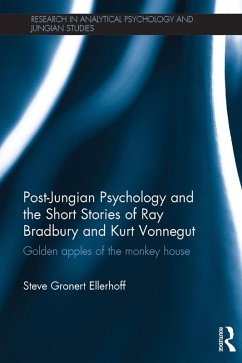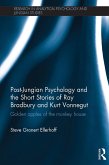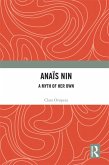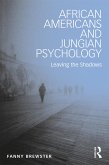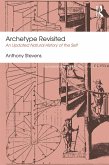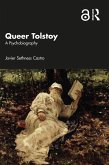Chapters in this volume carefully contextualise and historicize each story, including Bradbury and Vonnegut's earliest and most imaginatively fantastic works. The archetypal constellations shaping Vonnegut's early works are shown to be war and fragmentation, while those in Bradbury's are family and the wholeness of the sun. Analysis is complemented by the explored significance of illustrations that featured alongside the stories in their first publications. By uncovering the ways these popular writers redressed old myths in new tropes-and coined new narrative elements for hopes and fears born of their era-the book reveals a fresh method which can be applied to all imaginative short stories, increasing understanding and critical engagement.
Post-Jungian Psychology and the Short Stories of Ray Bradbury and Kurt Vonnegut is an important text for a number of fields, from Jungian and Post-Jungian studies to short story theoriesand American studies to Bradbury and Vonnegut studies. Scholars and students of literature will come away with a renewed appreciation for an archetypal approach to criticism, while the book will also be of great interest to practising depth psychologists seeking to incorporate short stories into therapy.
Dieser Download kann aus rechtlichen Gründen nur mit Rechnungsadresse in A, B, BG, CY, CZ, D, DK, EW, E, FIN, F, GR, HR, H, IRL, I, LT, L, LR, M, NL, PL, P, R, S, SLO, SK ausgeliefert werden.
- Miranda Corcoran, Journal of the Irish Association for American Studies

